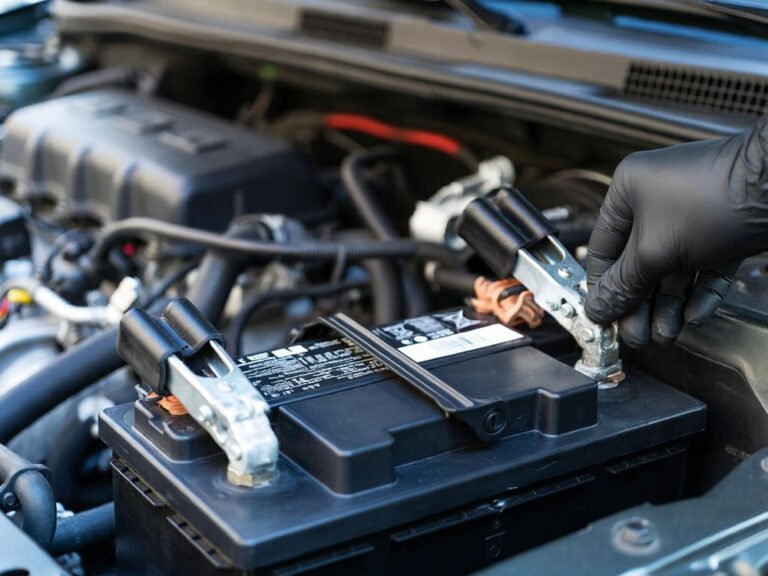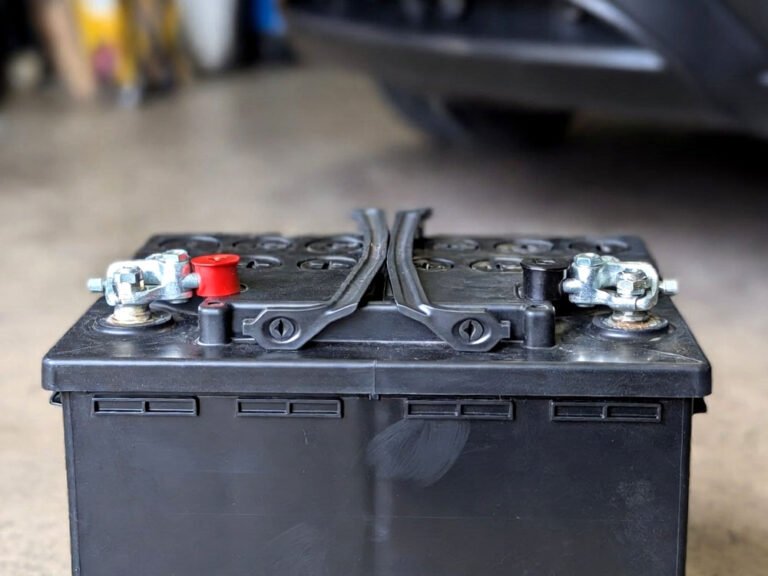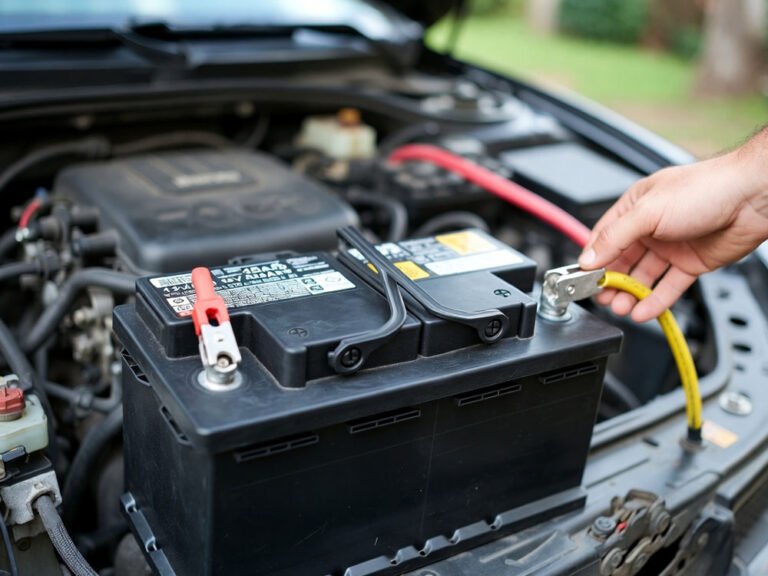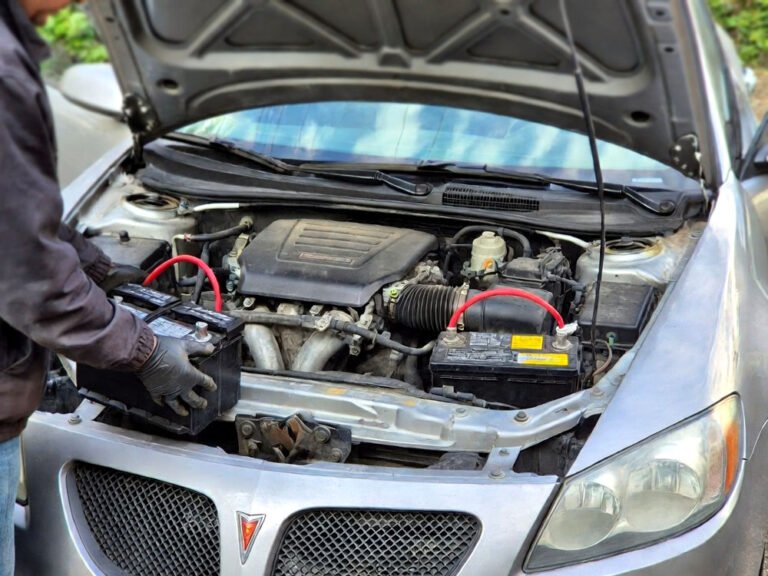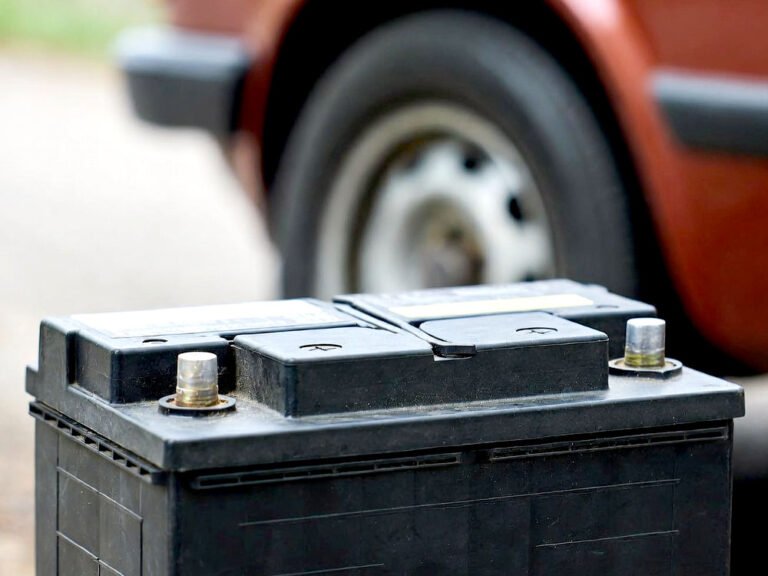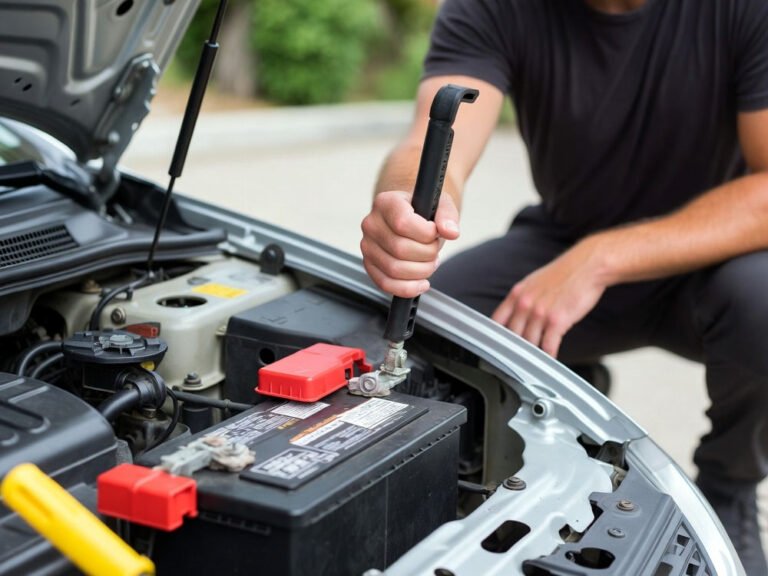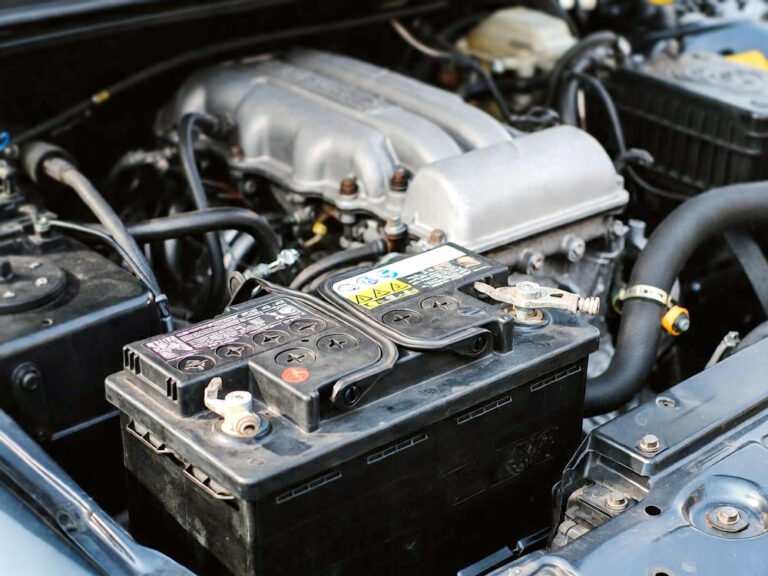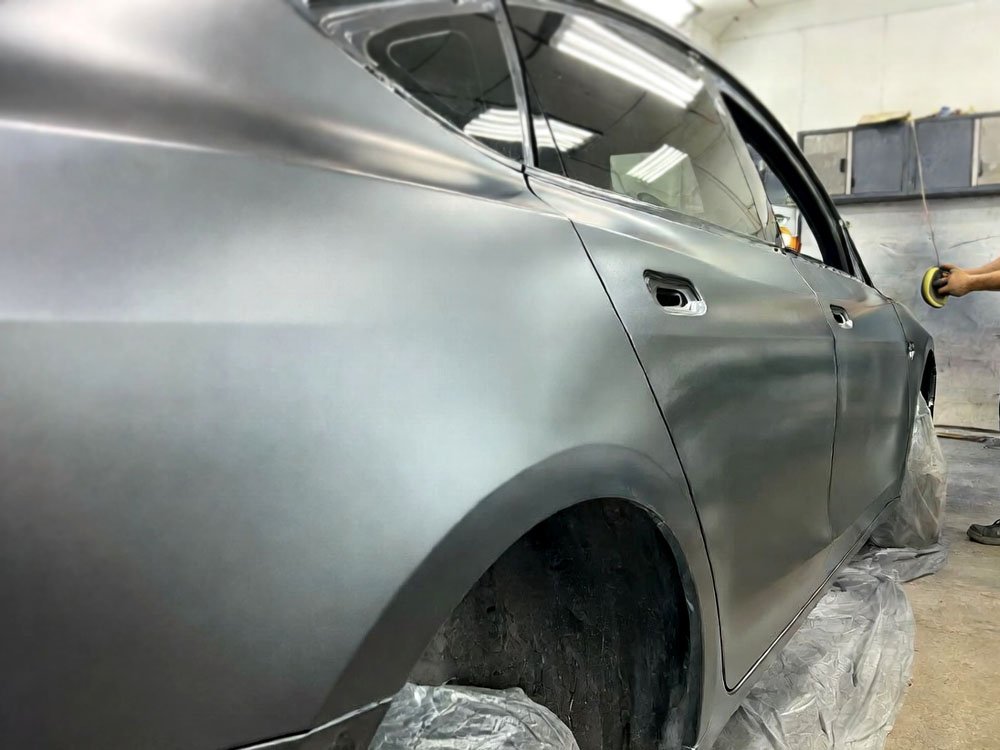Ever heard about getting something called an “allodial title” for your car? It’s not your everyday topic, but it’s worth knowing about if you want full ownership without any liens or obligations hanging over your vehicle.
In simple terms, an allodial title means you completely own your car, free and clear. No loans, no debts—just you and your wheels. But how do you actually get one?
That’s what we’re diving into today. We’ll break down what it means, how it differs from regular titles, and the steps you can take to possibly secure this ultimate ownership status for your ride. Let’s get started!

What is an Allodial Title?
An allodial title is like having the ultimate ownership of something, such as a car or land. It means you have complete control and no one else can tell you what to do with it. Imagine it’s like owning a toy that nobody else can take away from you, ever.
In the world of legal stuff, having an allodial title means there’s no landlord or government saying you owe them anything or can take it away. It’s the highest level of ownership rights you can have, but it’s super rare and not something you can get easily.
Usually, governments or big organizations own things like this, not regular people. So, if you hear someone talking about an allodial title, they’re basically saying they have total, absolute ownership without any strings attached. It’s kind of like being the king or queen of your own stuff!
Understanding Traditional Titles
Traditional titles for things like cars or houses are like official papers that prove you own them. For example, when you buy a car, you get a certificate of title. It’s a document that shows you’re the legal owner of the car.
It’s kind of like a certificate that says, “Hey, this car belongs to [your name].” This paper is important because it also lists if someone else has a claim to your car, like a bank if you took a loan to buy it.
They call this a lienholder. Until you pay off the loan, they have a right to the car too. So, traditional titles are all about showing who owns something and if there’s anyone else who has a right to it.
It’s like having a receipt that proves you bought something and it’s yours, but with extra details about who else might have a share in it until you fully own it.
Allodial Title Basics
Imagine you have a cool car, and you own it outright—no loans, no one else saying it’s partly theirs. That’s what having an allodial title means but on a bigger scale, like owning land or a house.
It’s like being the boss of your property with no one higher up telling you what to do. In simple terms, having an allodial title gives you ultimate ownership. There’s no landlord or government that can step in and take it away from you, because you hold all the rights.
However, in real life, allodial titles are really rare and not recognized everywhere. They’re more common for things like government-owned land or special cases.
So, if you hear someone talking about having an allodial title, they’re basically saying they have the highest level of ownership possible, where they’re in complete control of their property. It’s like having the golden ticket of ownership rights!
Steps to Pursue an Allodial Title
Step 1: Research Your State Laws
First things first, you need to find out if your state or country even allows for allodial titles. It’s like checking if the rules of the game let you play in a certain way.
Each place has its own laws about who can have an allodial title and for what kinds of things. So, grab your detective hat and start digging into what the law says where you live.
Step 2: Consult Legal Experts
This step is like calling in the pros. Legal experts, like lawyers who specialize in property stuff, are your guides through this maze of rules and paperwork.
They know all the twists and turns of the legal system and can tell you if chasing after an allodial title is even possible for you. They can also help you figure out exactly what you need to do next.
Step 3: Gather Your Ownership Documents
Think of this step like gathering evidence in a detective case. You want to prove beyond a doubt that you own what you say you do. This means collecting all the papers that show you’re the boss of your property.
It could be things like your current title (the piece of paper that says you own it), any registrations, and even papers showing you paid off any loans. The more proof you have, the stronger your case will be.
Step 4: Prepare a Petition or Application
Now it’s time to put your case together in an official way. Depending on where you live, this might mean filling out forms or writing a letter explaining why you should have an allodial title.
It’s like making your argument and presenting all your evidence to the people who decide these things. Be clear and organized because you want them to see why you deserve this special kind of ownership.
Step 5: Public Notice Requirements
In some places, they want to make sure everyone knows what you’re up to. This step is like putting up a big sign saying, “Hey, I’m trying to get an allodial title!”
You might have to publish something in a newspaper or an official notice board so anyone who might have a problem with it can speak up. It’s like giving everyone a chance to say their piece before things go further.
Step 6: Court Proceedings
This step is like going to court if things get serious. In some places, getting an allodial title means you have to stand in front of a judge and explain why you should get it. It’s not always easy, and it can be nerve-wracking, but if you’re prepared and have all your evidence, you might convince them you’re right.
Step 7: Await Decision
Once you’ve done all the paperwork and maybe even gone to court, now it’s time to wait. This part is like waiting for your favorite meal to cook—it takes time, and you can’t rush it.
The people in charge will look at everything you’ve given them and decide if you can have that allodial title. Be patient and ready for anything they might ask for next.
Step 8: Finalize the Transfer
If you get the green light and they say you can have an allodial title, congrats! Now comes the last step—making it official. You’ll have to follow whatever steps they say to finalize everything.
It might mean updating records, telling other government offices, or even celebrating a little because you did it! This step is like putting the last puzzle piece in place and seeing the whole picture.
Considerations and Challenges
Obtaining an allodial title is a significant endeavor with various factors to consider and challenges to overcome:
Legal Complexity
Navigating the legal framework surrounding allodial titles can be intricate and varies widely depending on jurisdiction. It often involves understanding complex property laws and may require expert legal assistance to navigate effectively.
Rarity and Recognition
Allodial titles are exceptionally rare and not widely recognized. They are more commonly associated with government-owned properties or specific legal circumstances rather than private ownership.
Cost and Resources
Pursuing an allodial title can incur substantial costs, including legal fees, administrative expenses, and potentially court costs if proceedings are required. Budgeting appropriately and understanding the financial implications are essential considerations.
Time and Patience
The process of obtaining an allodial title can be lengthy and requires patience. It involves gathering documentation, submitting applications, possibly attending court proceedings, and awaiting decisions from authorities, which can take considerable time.
Public Notice Requirements
In some jurisdictions, public notice requirements must be fulfilled, such as publishing notifications in newspapers or official gazettes. This step ensures transparency and provides an opportunity for objections to be raised.
Judicial Proceedings
Depending on local laws, obtaining an allodial title may involve appearing in court to present your case before a judge or relevant authorities. This adds a layer of complexity and requires thorough preparation and legal representation.
Regulatory and Community Impact
Acquiring an allodial title may have broader implications within your community or regulatory environment. It’s essential to understand the potential impact on neighboring properties, zoning regulations, and community expectations.
Risk of Rejection
Despite thorough preparation, there’s always a risk that your application for an allodial title may be rejected. Reasons could include inadequate documentation, legal technicalities, or interpretations of local laws by authorities.
Limited Practical Application
While allodial titles represent the highest form of ownership rights in theory, their practical application is limited in many jurisdictions. They are typically reserved for unique circumstances and specific types of property ownership.
Final Thoughts
Getting an allodial title is like climbing a mountain in the world of property ownership. It’s tough, it’s rare, but if you’re determined and have the right help, you can reach the top.
Remember, it’s not something you can just decide to do one day—it takes careful planning, following the rules, and sometimes a bit of luck. So, if you’re dreaming of that ultimate ownership where no one can say otherwise, buckle up and start your journey with these steps in mind. Good luck!


